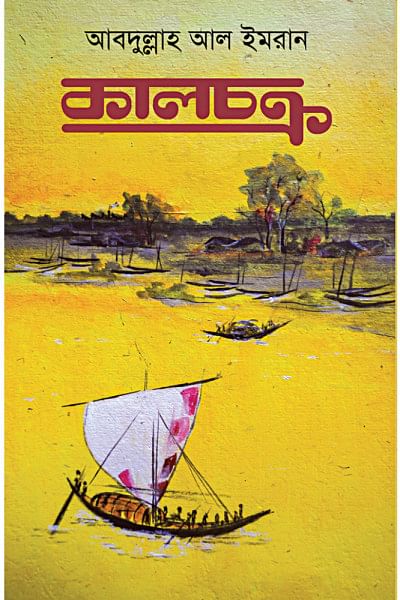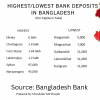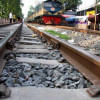Abdullah Al Imran's 'Kalchakra': A story of financial collapse and invincibility

We get to know only so much about what happens around us until literature takes an interest in it. The same would have happened with the shutdown of the jute mill in Khulna, nearly two decades ago, if a novel like Kalchakra (Annesha Prokashon, 2018) had not presented it to us.
The government of the time had shut down the jute mill in Khulna on grounds of the financial loss it was incurring from continuing its operation. Arguably, there were many other reasons behind this as well, which were undermined during the time.
When the mill was shut, the workers lost their jobs and the local economy was gravely impacted. Families dependent on the earnings from the mill fell into unimaginable miseries; many of them had to stop sending their children to schools. Their lives had been vibrant in the way it commonly is in industrial areas like these—with regular weekly payments and the humble celebratory dinners during the weekends that followed—until foretelling signs of the mill's collapse began to appear. More and more workers were starting to be laid off, and for the ones who were kept on, payments became irregular. At one point, even that had completely stopped.
Eventually, the workers—both locals and migrants who had moved to Khulna—found themselves without a job, and in grave uncertainties with the announcement of the closure. In his book Kalchakra, Abdullah Al Imran methodically unpacks these tragedies and, as the title suggests, shows how the characters of his novel came to find themselves trapped by their circumstances.
Imran, at the time, was in his teenage years, around the same age as that of a number of characters from his novel. In retelling the stories of Rakib, Sohel, and Polash, it feels as though the author himself was present in the folds of each character's narrative. From their conversations, one gets a sense of what was going on at that time inside the mill workers' families—the growing hardships, and being forced to move in order to survive amidst the looming uncertainties and despair from losing their source of income and homes.
Some stories in Kalchakra are not directly connected to the mill but they are essential in order to understand the context around the shutdown of the jute mill. The Hindu family that was forced to leave the country after selling off their ancestral house in the wake of a social outrage is one such example circling the central plot.
The novel also exposes the perversion and greed that prey on women, such as the Chairman's lust for a local woman named Misti and his decision to pay off her addict husband in an attempt to possess her.
It is clear that the author was affected by the impacts the shutdown had on these people of the community, agitated by the greed of the powerful, saddened by the separations of people from loved ones in the aftermath. It is also evident that the writer took some preparation to write these stories. Having been published 10 years after the plant closed down, Al Imran, besides narrating first-hand accounts, has reportedly pored over newspapers articles to do justice to the tragedy by offering readers deep insight into their background.
The conflicts in the novel thus portray resistance in the form of characters, like Misti, against odds, injustices, and disasters, reminding readers of the invincibility of will and the power of courage. A large part of the tension of the society at that time is depicted through the mindset of the characters, which suggests the writer's confidence in using psychological realism, and his keen observance in the reading of society. It is clear that he is inspired by the idea of equality, freedom, and humanism.
Mohammad Abu Bakar Siddique is a freelance journalist and literary critic.

 For all latest news, follow The Daily Star's Google News channel.
For all latest news, follow The Daily Star's Google News channel. 








Comments